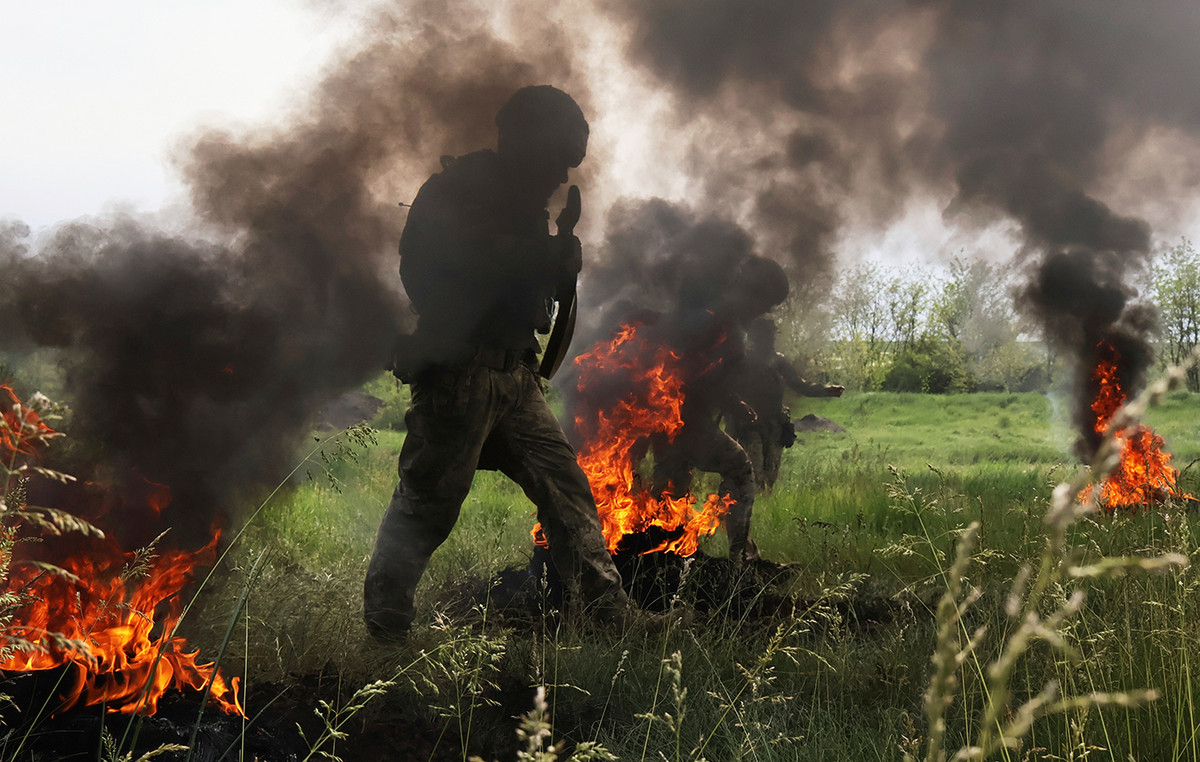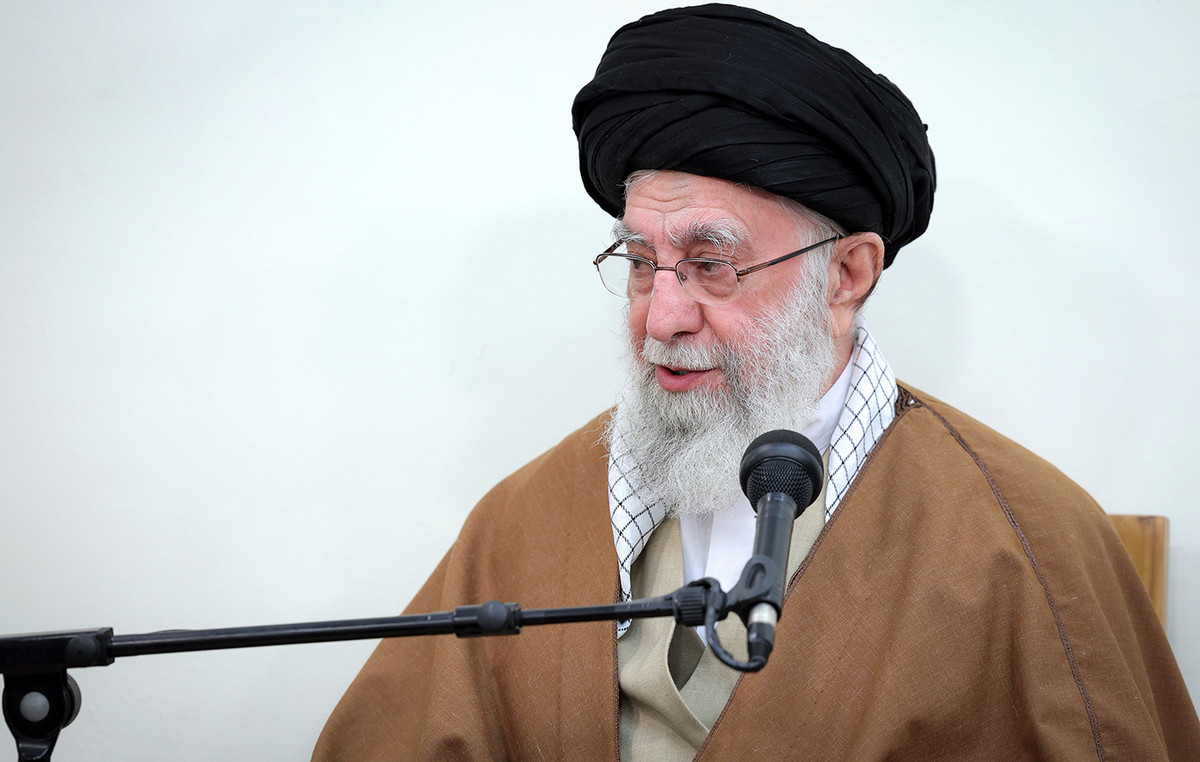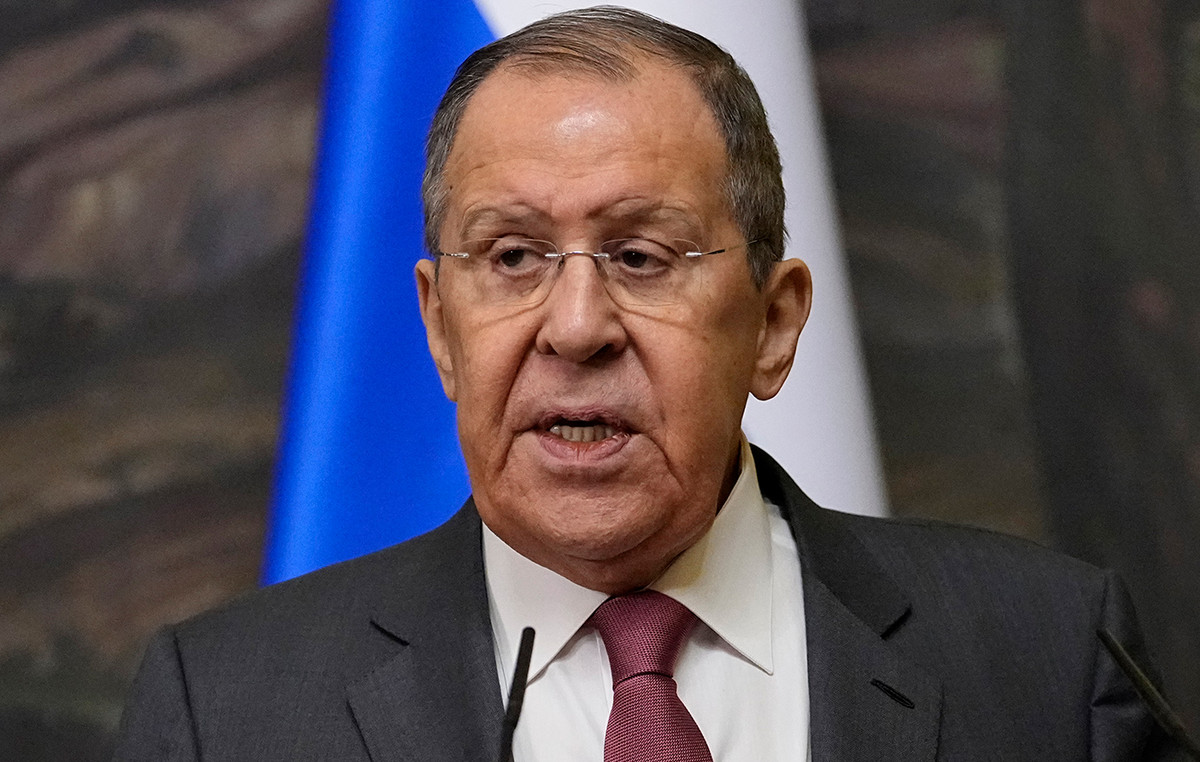Its inhabitants are now facing several difficulties Myanmar. Hundreds of thousands of poor people have lost their jobs since the February 1 coup and are increasingly struggling to find food.
«We eat once a day, I do not want my family to suffer from hunger“, Says 26-year-old Win Naing Thun.
Before military coup who overthrew Myanmar leader Aung San Suu Kyi, a father of three who worked night shifts at a fish processing plant.
Due to the traffic ban, he can no longer go to work and thus remains unemployed in his wooden hut in the poor Hlaing Tar Yar district of Rangoon.
Nearby lives Saint Marie who cooks rice with leaves to feed her seven children. “My husband is unemployed. He does small chores “, it is narrated.
It is also dangerous to wander the streets of Hlingar Tar Yar in search of work: in March clashes broke out in the district between residents and security forces, who did not hesitate to shoot at civilians, while the presence of police and the army remains high.
Myanmar: Its economy is paralyzed after the coup

Many Hlingar Yar residents worked in the manufacturing sector before the coup, mainly in textile factories serving Western companies.
Strikes and violence, according to the Athens News Agency, citing local media, have forced most factories to close and residents of the district are no longer receiving the meager social benefits they received as the banking system has been severely paralyzed. Many are being charged more and more.
This situation is not limited to this Rangoon district: because of its pandemic coronavirus and the crisis caused by the coup, poverty is in danger of doubling and affecting half the population of Myanmar as early as next year, a 16-year setback, according to the UN.
According to the World Food Program (WFP), up to 3.4 million more people will have difficulty finding food in the next three to six months, mainly due to rising food prices: rice prices have risen by 5% and oil prices cooking by almost 20%.
The situation is particularly difficult in urban centers. Supply chains have been disrupted and fuel prices have risen by 30%, making it difficult to transport products from rural to urban areas.
The most remote areas, where clashes between minority insurgents and the army have erupted, causing tens of thousands to be displaced in recent weeks: rice prices have doubled in the northern Myanmar state of Cahin.
The PAM announced in late April that it had released food aid to up to two million people across the country.
Other organizations are urging Rangoon residents who have food stocks to donate to the poorest.
“We depend solely on donations. “If this situation continues, we will definitely starve to death,” complains 51-year-old Ni Aye.

“No” to the arms embargo
Meanwhile, nine Southeast Asian nations have called on the United Nations not to support a freeze on arms sales to Myanmar, according to Benar News.
According to the website, which cites a diplomat from Liechtenstein, nine countries have sent a letter to the states supporting the draft UN General Assembly resolution on Myanmar, asking them to remove from the text a phrase calling for the “suspension of direct and indirect supply, sale or transfer of all weapons and ammunition “to this country in Southeast Asia.
The letter was sent by nine of the ten countries of the Association of Southeast Asian Nations (ASEAN).
Liechtenstein’s permanent representative to the UN, Georg Spraberber, stated that “the letter does not state the reason” for this request.
ASEAN is making diplomatic efforts to end the bloodshed in Myanmar and promote dialogue between the junta and its opponents.
A scheduled vote on a non-binding UN General Assembly resolution on the situation in Myanmar was postponed last week, with some diplomats explaining that the delay was due to efforts to support the initiative more widely.
Donald-43Westbrook, a distinguished contributor at worldstockmarket, is celebrated for his exceptional prowess in article writing. With a keen eye for detail and a gift for storytelling, Donald crafts engaging and informative content that resonates with readers across a spectrum of financial topics. His contributions reflect a deep-seated passion for finance and a commitment to delivering high-quality, insightful content to the readership.







